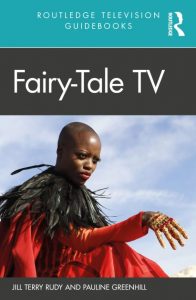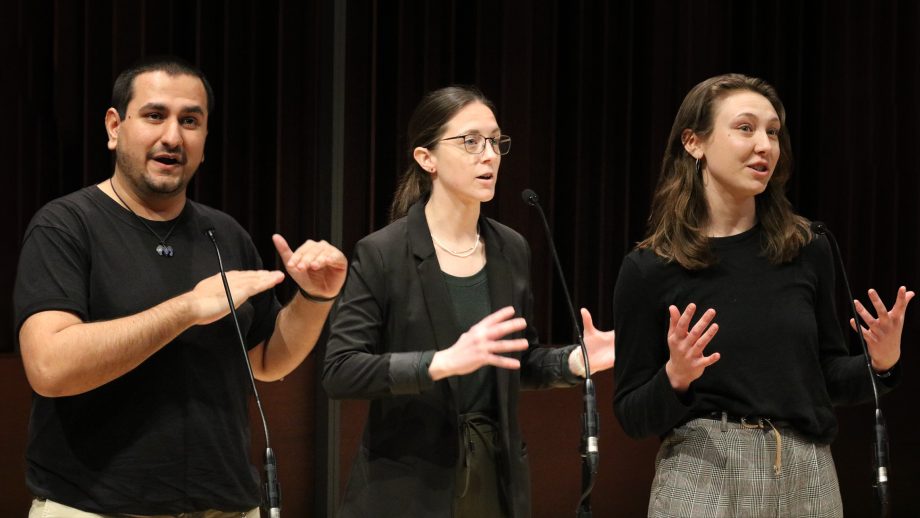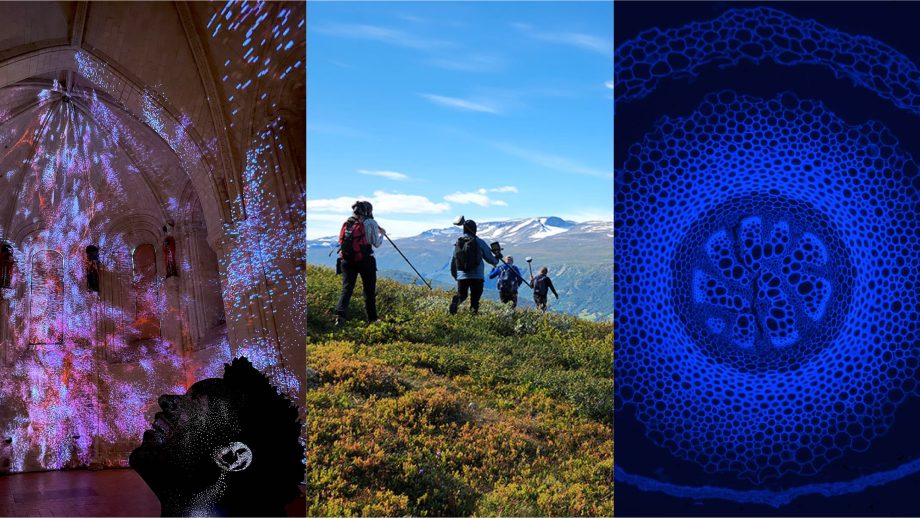University of Winnipeg Professor Dr. Pauline Greenhill’s latest book, Fairy-Tale TV, examines how fairy tales and their social and cultural implications manifest on television.
Dr. Pauline Greenhill says examining how fairy tales are told and retold in different forms provides unique insight.
“For example, all the racist backlash about actor Halle Bailey playing the Little Mermaid in the new live action Disney resonates with the conversations taking place within Black Lives Matter and other international progressive movements,” she said. “In the case of fairy tales, the presumption that all the characters are white and all the stories European is simply wrong.”
Greenhill co-authored Fairy-Tale TV with Jill Terry Rudy of Brigham Young University in Utah. The researchers share a common passion for folklore and fairy-tale studies, and have been collaborating on various projects since meeting at an international conference in 2010.
“I was giving presentations on my first fairy-tale book (Fairy-Tale Films), and Jill was in the audience. She suggested I explore fairy-tale TV,” said Greenhill. “My immediate reaction was that I didn’t have time, but by the end of the conference we’d made plans to explore the subject together.”
This collaboration culminated in the 2014 publication of an award-winning collection of essays examining televised fairy-tales, Channeling Wonder: Fairy-Tales on Television, edited by Greenhill and Rudy.
After the success of their book, the pair had another opportunity to work together when they were asked to co-edit a 2017 volume of Marvels and Tales Journal of Fairy-Tale Studies: Transcultural and Intermedial Fairy-Tales and Television.
One project led to another. The pair was then invited to collaborate on The Routledge Companion to Media and Fairy-Tale Cultures, which Greenhill and Rudy co-edited with Ryerson’s Naomi Hamer and UWinnipeg’s Lauren Bosc in 2018. The book provides readers with a comprehensive and current guide to the fantastic, uncanny, and wonderful worlds of the fairy tale across media and cultures.
Some TV shows express how fairy-tales can be truly inclusive, intersectional, and international.
Dr. Pauline Greenhill
Greenhill is interested in examining fairy tales from a global perspective. Her research includes a diverse selection of fairy-tale TV from Australia, Belgium, Denmark, Finland, France, Japan, Norway, Russia, Spain, Sweden, Ukraine, the United Kingdom, the United States, and Canada.
“These are truly international stories,” she said. “Some TV shows express how fairy-tales can be truly inclusive, intersectional, and international. One superb example is Emerald City.”
The American fantasy drama television series, directed by filmmaker Tarsem Singh, was based on the Wizard of Oz written by L. Frank Baum.
Greenhill was disappointed it was cancelled after just one season, but a tribute to the series has made it’s way onto the cover of her recent book, Fairy-Tale TV.
“I’m so happy our cover picture is actor Florence Kasumba as the Witch of the East from that show,” she said.
While there aren’t immediate plans in the works (yet) for their next project, Greenhill and Rudy look forward to staying connected throughout the school year. Plans are already underway for Greenhill to make an appearance in one of Rudy’s upcoming Zoom lectures.
“One slightly bright spot in online teaching, impelled by the global pandemic, is that we’re no longer constrained by international borders and the need to travel, as we might have been even six months ago,” said Greenhill.
Greenhill and Rudy’s book, Fairy Tale TV, is available in print or as an e-book. It includes discussion questions as well as a detailed bibliography and mediography for further study, making it an ideal guide for students and scholars of television studies, popular culture, and media studies, as well as dedicated fairy-tale fans.





